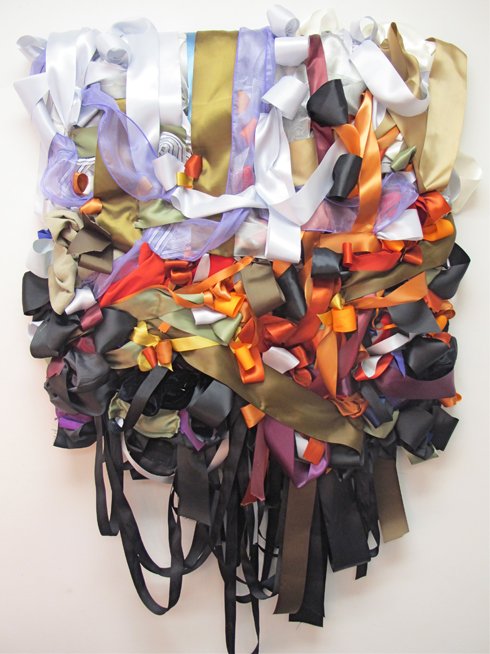
Turner worked in Zambia (then Northern Rhodesia) as research officer for the Rhodes-Livingstone Institute. He later pursued graduate studies in anthropology at Manchester University.

Turner returned to University College in 1946 with a new focus on anthropology. Their five children include scientist Robert Turner, poet Frederick Turner, and Rory Turner, an anthropology professor at Goucher College. During his three years of service he met and married Edith Brocklesby Davis, who was serving during the war as a "land girl". In 1941, Turner was drafted into World War II, and served as a noncombatant until 1944. Turner initially studied poetry and classics at University College London. His father was an electrical engineer and his mother a repertory actress, who founded the Scottish National Players. Victor Turner was born in Glasgow, Scotland, son to Norman and Violet Turner.


His work, along with that of Clifford Geertz and others, is often referred to as symbolic and interpretive anthropology. Victor Witter Turner ( – 18 December 1983) was a British cultural anthropologist best known for his work on symbols, rituals, and rites of passage.


 0 kommentar(er)
0 kommentar(er)
